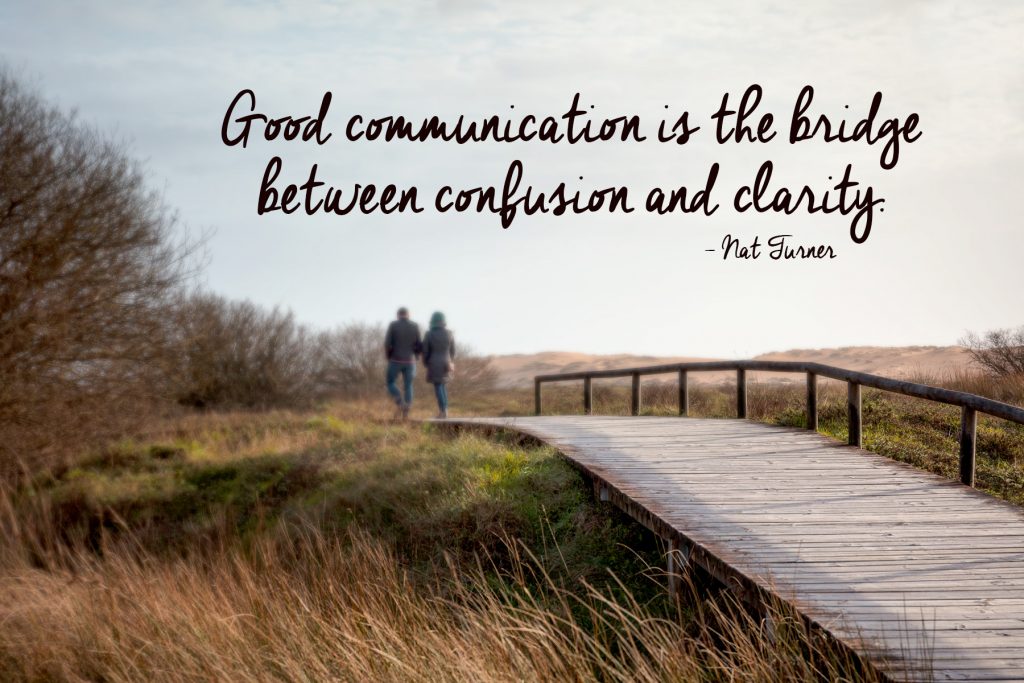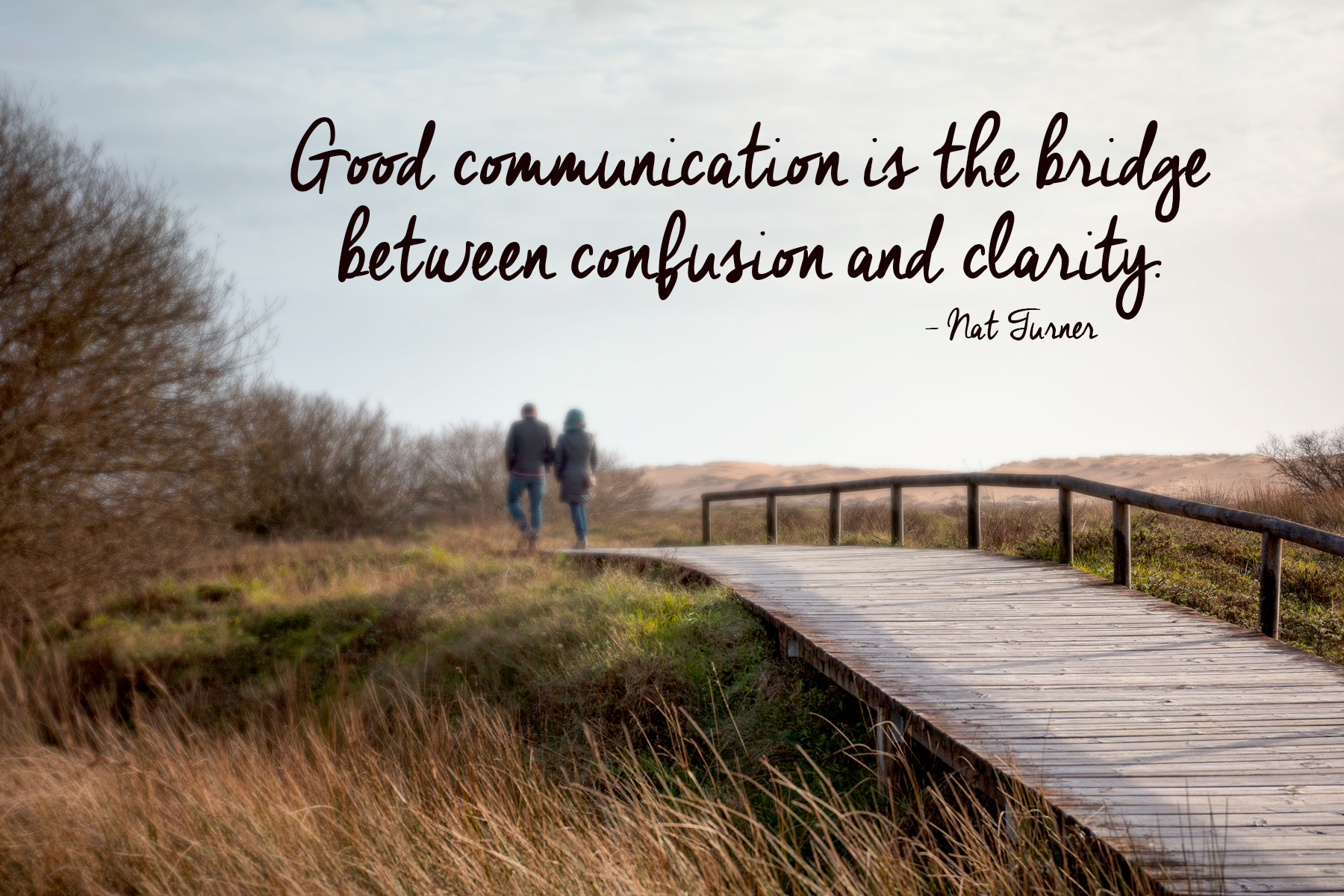COMMUNICATION MISTAKES WE ALL MAKE AND WAYS TO AVOID THEM
By The Marriage and Family Clinic

If you take a moment to think about your most recent relationship argument, you will be able to recognize that at some point in that conversation you, your partner, or both of you began to be flooded with emotion. When emotion takes over, we often revert to actions that will lead to some perceived emotional security. Unfortunately, this action usually takes the form of an unhealthy relational expression.
Sometimes it feels like these escalating arguments just keep getting more frequent the longer we are with our partner. Ebbs and flowers are a natural part of any relationship; however, problems come when we find ourselves stuck in negative cycles with our partner that we just can’t seem to shake.
Despite humans being the most communicative species on the planet, our communication is often fraught with misunderstandings. We often experience this in our relationships when we find ourselves in escalating arguments with our partner that started with a question about what to eat for dinner.
The Four Horsemen of Communication
Dr. John Gottman has studied couples for nearly 40 years and through his research has identified four common, yet harmful, actions couples pursue in a relationship. He calls them the four horsemen of the apocalypse and they are as follows: defensiveness, criticism, stonewalling and contempt.
These four horsemen are relationship killers and predictors of divorce! It is likely one or more of those apply to the actions you take when feeling emotionally flooded in a conversation. If so, this doesn’t mean you are a terrible person, or your relationship is doomed. It simply means there is room for growth in your relationship. Let’s explore some ways to avoid them:
1. Take a Break
So what can you do to correct your use of the four horsemen? As the header implies, you can take a break. When you feel yourself becoming flooded with emotion, or sense this is happening in your partner, that is your cue it is time to take a break. Nothing good will come from continuing the conversation in an emotionally heightened state. So just don’t go there.

An important part of taking a break, however, is establishing a consensual timeline of when you will return to the discussion of the topic. This could range anywhere from 10 minutes to 24 hours, depending on the intensity of the emotion and importance of the topic. Using this skill will allow you and your partner to cool down and self-soothe in order to get into a head space where you can continue the conversation without becoming emotionally flooded.
2. Intentional Listening and Reflecting
Another skill that can make a big difference in disrupting old and broken communication patterns is the skill of reflecting. This is truly a skill and it takes time and practice to get good at it. In the practice of reflecting you are really listening to your partner – so much so that you are able to repeat back, in your own words, what you are hearing your partner say. This is the essence of reflecting.
This skill is meant to help you and your partner avoid any misunderstanding. When you repeat back to your partner what you are hearing them say, without you interjecting any sort of your own response to what they’ve said, you give them an opportunity to confirm that you understand them or an opportunity for them to better clarify what they’ve said until you can understand them.
Practice Makes Perfect
So, take some time to identify which of the four horsemen pop up for you and most frequently. Notice that action as it creeps into your next conversation and intentionally choose a different path. Try applying one of the skills mentioned above the next time you find yourself in an argument with your partner. Remember, these skills take practice. You will not be perfect from the get-go so just keep practicing.

Be physically affectionate this week through PDA and see how you and your partner will start to feel more flirtatious and connected.




